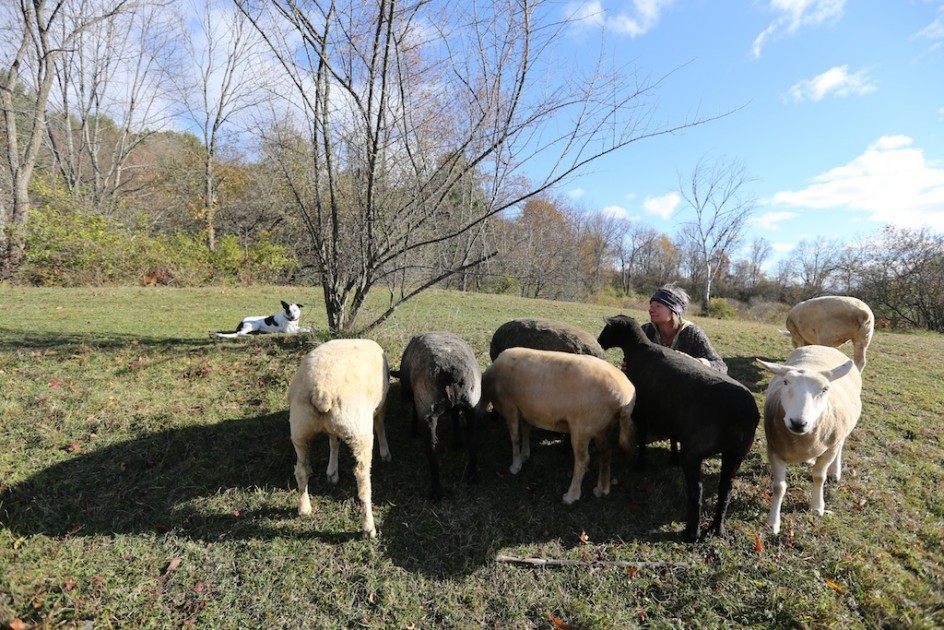
“We need another and a wiser and perhaps a more mystical concept of animals. Remote from universal nature and living by complicated artifice, man in civilization surveys the creature through the glass of his knowledge and sees thereby a feather magnified and the whole image in distortion. We patronize them for their incompleteness, for their tragic fate for having taken form so far below ourselves. And therein do we err. For the animal shall not be measured by man. In a world older and more complete than ours, they move finished and complete, gifted with the extension of the senses we have lost or never attained, living by voices we shall never hear. They are not brethren, they are not underlings: they are other nations, caught with ourselves in the net of life and time, fellow prisoners of the splendor and travail of the earth.”
— Henry Beston, The Outermost House: A Year Of Life On The Great Beach of Cape Cod.
— Beston’s plea was read all over the world when he wrote it, nearly a century ago. Animals still could live in the wild then, and most of the people on the earth lived with animals or near them and understood their lives. Sadly, that has changed and Beston’s call for a wiser understanding of animals has yet to answered. I hope to address some of it in my next book, “Talking To Animals,” out sometime next year from Simon & Schuster, my new publisher.
Our understanding of animals seem to have shrunk, not expanded. The people who say they are for the rights of animals seem morally confused and arrogant, they seem set on driving as many away from the world as possible and separating them from human beings wherever they can.
Many people seem to only see animals through the narrow prism of rescue and abuse. It is actually considered humane to put dogs in shelters that we call “no-kill” while we destroy their lives and imprison them for years under the most unnatural and cruel circumstances – a life in a crate. We chase working animals like horses and elephants out of our everyday lives and sent them to peril so that we can feel good about our fragmented lives.
Most people no longer understand animals at all, really, most of us will never even see one now, they are all being removed to rescue farms and preserves, the new ghettos of the animal world. Or to slaughter. The secret informers of the animal rights movement harass and persecute farmers, carriage drivers, pony ride operators, the poor, the elderly and those who work, spying on them, sparking police raids and seizures, depriving people who seek to love animals like dogs of the chance to acquire them and care for them.
The animal rights movement has no coherent vision for the future of animals other than to take them away. More than ever, we need the wiser and more mystical understanding that Beston writes about. I believe it is coming, there is a new awakening among people who love animals. We are in danger of losing them all because we no longer know what they need, and there is no longer any rational movement to speak for their rights and welfare. I believe the New York Carriage Horses have touched off this new way of understanding animals, of honoring the urgency of keeping them with us.
As people have forgotten the horses everywhere and turned on them, the supposedly callous people of New York have rallied behind them and fought to keep them in the city. Their message is spreading all over the country and much of the world: these are the luckiest horses in the world, we need them to remain among us. They need us to care for them and celebrate them and watch over them.
The beginning, I think, of Beston’s new understanding.
